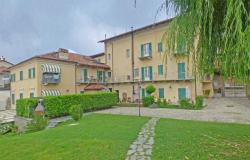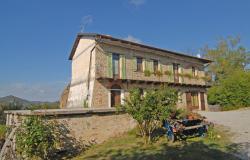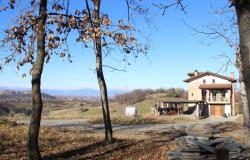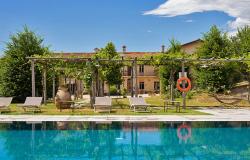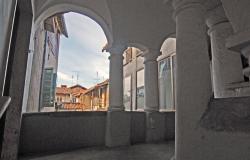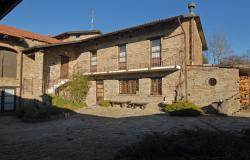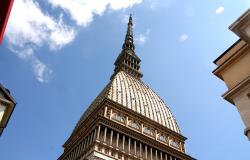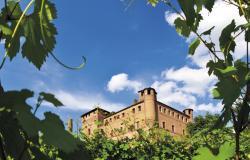 Christopher Columbus came from a tiny Piedmont village and not the bustling port of Genoa as is commonly held, historians here claim. Turin is holding a major conference this weekend to explore the Piedmontese origin of the great explorer on the basis of recent Italian and international discoveries.
Christopher Columbus came from a tiny Piedmont village and not the bustling port of Genoa as is commonly held, historians here claim. Turin is holding a major conference this weekend to explore the Piedmontese origin of the great explorer on the basis of recent Italian and international discoveries.
Some of his descendants will be present, organisers say.
They say the conference will prove Columbus was born in Cuccaro Monferrato, south-east of Turin - a village that today holds just 370 inhabitants. Giorgio Casartelli, head of the village's Columbus Centre, presented what he called proof of Columbus' origins to a press conference here this week. "A sentence by the Spanish colonial Council of the Indies, handed down in a 1608 inheritance case, recognised that Columbus belonged to the family of the Colombos of Cuccaro," he said.
In Italian, Christopher Colombus is 'Cristoforo Colombo'. The Turin conference will see other proof, Casartelli went on. "Seville University lecturer Angelica Valentinetti will be bringing manuscripts she has just discovered in the Spanish State Archives in Madrid, while another Italian researcher, Gianfranco Ribaldone, will present unpublished documents from Turin's state archive relating to the explorer's exploits as a young man".
Casartelli said the June 16-17 Turin conference would be attended by "numerous" descendants of Columbus. On June 18, they will be on hand for the inauguration of a new Columbus Museum in the village. The generally accepted view that Columbus was the son of lowly Genoese wool trader Domenico Colombo has been challenged at various times over the years.
Several Spanish scholars have contended he was of noble Spanish or Catalan origin. An Italian historian, Renato Biagioli, has gone further in claiming he was the illegitimate son of a Roman noblewoman and a pope, who sired him as a teenager before he entered the Church.
According to Biagioli, Anna Colonna of the famous Roman family had intercourse with the 14-year-old Giovanbattista Cybo, later Pope Innocent VIII, in the Neapolitan castle known as the Maschio Angioino in 1446. The resulting child was later adopted by Domenico Colombo in Genoa, Biagioli claims.
As evidence, Biagioli cited a cryptic remark made by the explorer that he was "not the only admiral in the family." The comment has puzzled historians because the Columbus family had been in the wool trade - and poor - for generations.
The Cybo family of Innocent VIII, on the other hand, had a long seafaring history, Biagioli notes. Furthermore, the explorer gave the name of Cuba to one of the biggest islands he discovered - while the Cybo family had once been called Cubea, evidence of their Greek origin.
